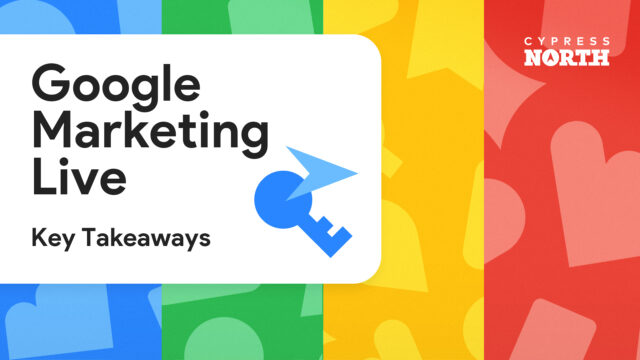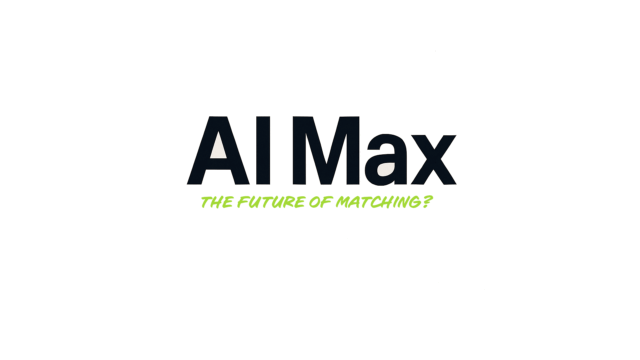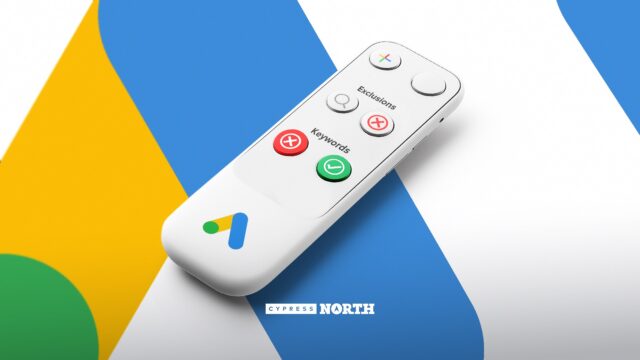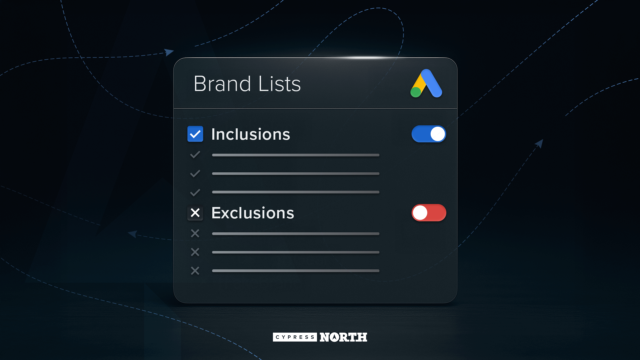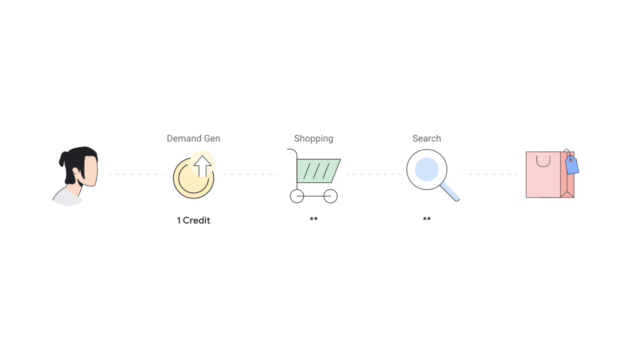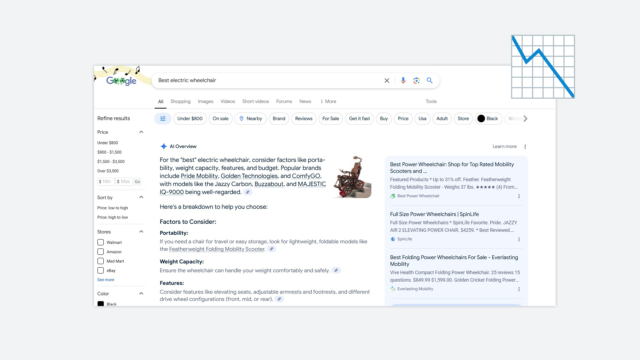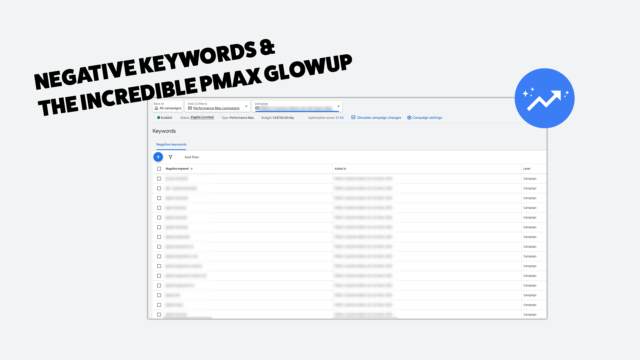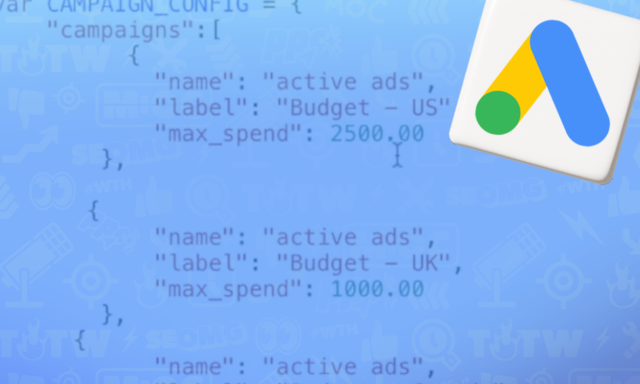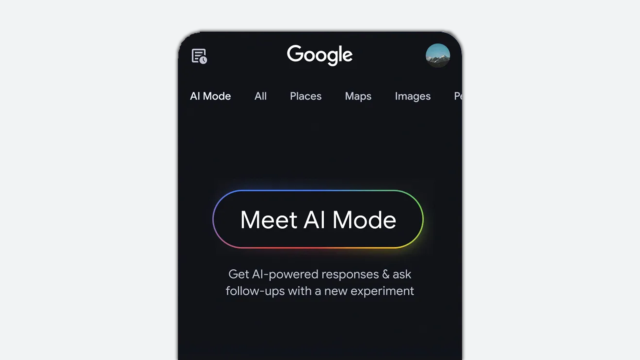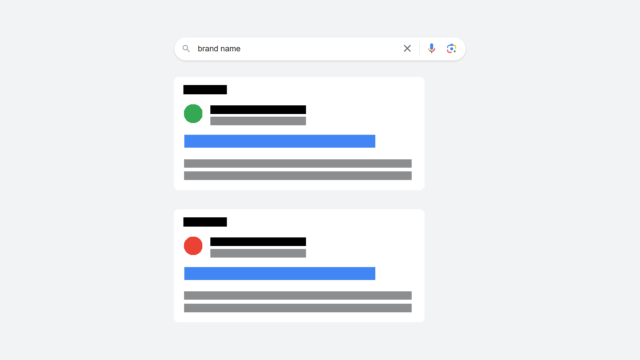Why Google's New Exact Match Changes Are Intrinsically Flawed (& Bad For Advertisers)


This month Google officially changed the meaning of the keyword match type Exact Match. This caused an uproar in the community and marked a notable change to the Google AdWords Platform.
Overall, we were more than disappointed with this change as it inherently tricks advertisers and leads to Google making more money by adding matches. Here are a few takeaways that we had for Google in lieu of this change.
The Words You Use Matter
Exact should mean exact. It was misleading when they added in close variants to exact match, and is even more so now that Exact Match can use close variants, function words and change the order. That is not exact, nor is it frankly that close to Exact Match.
Why on earth would an “Exact Match” phrase not exactly match a search query?
I’m now convinced that the only reason this isn’t more of an issue is that we live in crazy times full of Alternative Facts and Fake News. On the scale of absurd things occurring nowadays, this simply doesn’t make the list.
While dubbed an “enhancement,” this change may hurt those non savvy advertisers that aren’t paying close enough attention and just thought that an exact match term would, well, exactly match a search query.
This Is A New Match Type
Yes, I just mentioned that this isn’t exact match anymore, but it could be something super helpful - if it was listed as a whole new match type. Let’s say this rolled out as “reverse match” - that would be amazing! We’d then have a fantastic new tool outside of BMM to find some lucrative terms that would help profitability.
This intrinsically changes the match and should have been an addition (by keyword match type) instead of a subtraction (of targeting control).
Can be Very Troublesome for Advertisers
So everyone’s initial horror was that inaccurate terms would show, and Google stated:
“Your keywords also won’t be reordered to match with a query when it changes the original meaning of those keywords”
Yeah, ok.....
Sure, in all likelihood the following won’t match as the intent is different:
Milk Chocolate <---> Chocolate Milk
Licensed Realtor <---> Realtor License
Cruise From NYC <---> NYC Cruise
But, if there is one thing we know, it is that Google isn’t always the best on the matching side of things. So what about some other really close calls? Here are some examples we’ve considered from our own campaigns that we run:
Funding Retirement <--> Retirement Fund
This is night and day difference in intent, but does Google know? We’ll have to wait and see.
Case For Football Cards <--> Football Card Cases
A case of football cards contain multiple boxes and are a highly sought after term. A football card case is an inexpensive plastic sheath that may be undesirable to bid on. We’ll be keeping a close eye on this as quite frankly I’d bet Google would re-order these words in exact match.
Desk Pads <--> Pads for Desks
Roughly speaking, a desk pad is an accessory that goes on a desk, while a pad for desk is a plastic floor cover that goes under chairs. What will happen here? Lord only knows…
These were just a few keyphrases that we were vacillating on here at the office. Do you have any in your campaigns? Leave them in the comments as we’d love to guess what happens.
Nobody Using Exact Match Wants It Simplified
If you are a novice user that doesn’t care about results, you may use AdWords Express.
If you are a novice user that thinks they are setting accounts up properly buy just tossing terms into an account, you use Broad Match.
If you are using Exact Match terms, you’ve qualified yourself as savvy with AdWords. You are specifically taking a tougher approach to spend in a more targeted fashion.
You aren’t using Exact Match because it is easier -- you are using it because it is tougher but gives you more control.
Nobody (except maybe Larry Kim) that uses exact match would want to save a few minutes by losing advanced targeting.
You’ll See More Volume - Watch Your Spends
Hey, guess what? When you show for more queries, you may get more impressions, clicks and you may spend more money. If you had campaigns that weren’t maxing out budgets before, you’ll want to make sure you don’t spend more additional cash than you’d like to.
Some Campaigns May Become More Effective, Many Will Become Less
This change may save you some time, but those that have optimized the living daylights out of their campaigns may see a downturn due to competition on more terms and the ineffectiveness of new matches (see #3 above). Keep an eye on your campaigns and see how they are performing with the new matching and keep on innovating to stay ahead of the curve!
In Conclusion
From an unbiased perspective it is hard to see this change as anything other than a malicious effort meant to misinform advertisers. When you change the meaning of words, you wander into dangerous territory. We’ve officially entered that danger zone.
In the end, this change will likely hurt those unsophisticated advertisers -- and that’s a shame. It does however present an opportunity (that comes with much work) for skilled advertisers.
RIP Exact Match….
Meet the Author

Greg Finn
Greg is the Head of Performance and Innovation for Cypress North's digital marketing team and one of the founders of our agency. In 2010, he and Matt Mombrea started Cypress North in Buffalo. Greg oversaw the opening of our second office in 2022, located in his hometown of Rochester.
As Head of Performance and Innovation, Greg co-manages our digital marketing department and works closely with our team to ensure all our clients achieve the best possible results. He is always looking for ways to test new digital marketing techniques and technology, and oversees all teaching and training efforts to ensure our agency stays ahead of the curve.
Greg is also a co-host of our weekly Marketing O'Clock podcast, where he and the team provide updates, insights, and hot takes on the latest SEO, PPC, and social media marketing news. In addition to weekly news shows, Greg hosts our Marketing O'Torial digital marketing tutorials and often co-hosts bonus Marketing O'Talk episodes that bring together panels of digital marketing experts.
With nearly two decades of experience, Greg is a known and trusted voice in the digital marketing community. He’s a contributor for Search Engine Land, a member of the Search Marketing Expo (SMX) programming team, and has been a featured speaker at some of the largest search engine conferences, including SMX, eSummit, and Pubcon.
When he’s not working or staying updated on the latest trends, Greg enjoys watching his kids play sports and coaching their soccer team. He’s been named the runner-up “Greg of the Year” on Marketing O’Clock’s annual Clockscars Awards four years in a row. While the coveted award has evaded him for many years, Keanu Reeves has not. Greg once saw him at Gabriel's Gate tavern in Buffalo (and noted he was very tall.)


